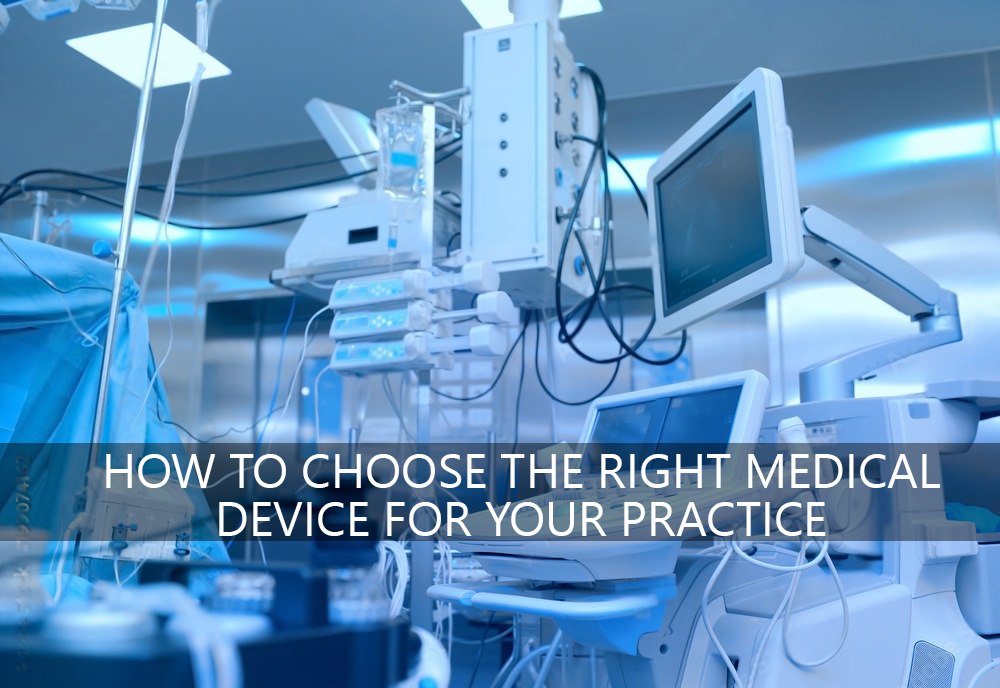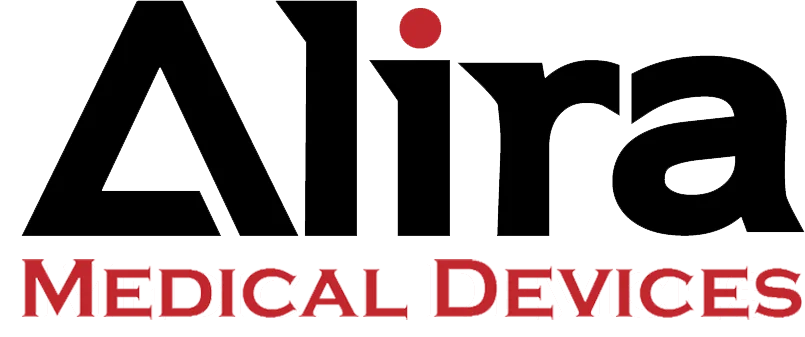- Your cart is empty
- Continue Shopping
How to Choose the Right Medical Device for Your Practice

Selecting an ideal medical device for your practice can have significant impacts on patient care, efficiency and financial results. Below is an extensive guide that can assist in making an informed choice:
Assess Your Practice’s Needs: Specialization: Establish what specific medical conditions or procedures your practice treats most frequently.
Patient Volume: Determine how many new or returning patients you see daily/weekly. Space Constraints: Determine available space within your practice for equipment storage needs.

Budget: When setting a realistic budget for purchasing and maintaining the device, including maintenance and consumable costs. Research and Compare Options: Features and Functionality: Look for devices that meet all your specific practice’s requirements while offering sufficient features to address specific patient care needs.
Technological Innovations: Consider what new developments in medical tech could benefit your practice, while brand Reputation should always come first. When making purchases from these renowned brands, choose those known for quality and dependability as this will set yourself up for future success in practice.
Users Reviews and Testimonials: Seek feedback from other healthcare professionals who have used your device. Prioritize Quality and Safety:
Compliance Standards: To make sure the device satisfies all regulatory compliance standards.
Durability and Maintenance: Select devices with low maintenance needs for optimal use. Patient Comfort: Prioritise comfort during device usage for the best patient experience and results. Evaluate Cost-Effectivness: Compare Purchase Prices from Different Vendors before Negotiating the Best Contract Offer.
Operating Costs: Be mindful of consumables, maintenance and repairs expenses when considering operating costs. Return On Investment (ROI): Carefully consider how your investments could pay dividends through improved patient outcomes and efficiency gains. Expert Advice Needed (ETAI)
Consult Colleagues: Seek advice from other healthcare professionals with experience with the device in question.
Contact Manufacturer/Vendor / Vendor and Request Demonstrations. mes Engage a Medical Equipment Consultant as Expert Adviser of All Practice Solutions To Complete Trial/Training: Lastly
Trial Period: When possible, arrange for a trial period to evaluate and test a device in your practice setting. Staff Training: To ensure staff members know how best to utilize and care for this equipment. Ongoing Evaluation and Maintenance: Initiate ongoing evaluation and maintenance plans as soon as a new device arrives on your practice scene.
Regular Maintenance: Follow the manufacturer’s recommended maintenance schedule. Performance Monitoring: Monitor device performance to identify areas for improvement and stay informed with any recent advancements in medical technology. Keeping Up: Staying abreast with advancements within medicine will allow for the latest technological innovations to remain at hand.
By considering these elements carefully, you can select an effective medical device to enhance patient care in your practice and ultimately boost its quality.


